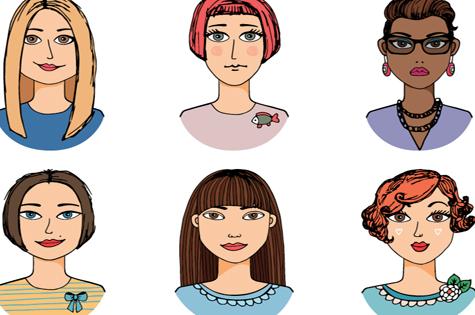Young women are calling on a perhaps unlikely source - the Prime Minister - to lead change on the gender stereotypes that limit women and girls.
The YWCA She Speaks survey of 1,600 young women, aged 15-30, has found young women and girls also want to be part of the change.
71% of the participants want to be leaders in the future, and 58% of the girls and young women surveyed already consider themselves to be a leader in their family, school, community and/or workplace. But only 23% of the She Speaks participants thought that they saw effective leadership in public life.
“She Speaks tells us about young women’s leadership in the here and now, and also looks to the future,” say Dr Caroline Lambert Executive Director YWCA Australia
The survey participants have called for Government to fund young women’s leadership programs.
“We need more female leadership programs in schools because we need to start creating leaders from a younger age and encouraging females to become leaders,” according to one survey respondent aged 18 to 20 years.
While young women’s leadership aspirations are strong, the majority of She Speaks participants see that Australia is a sexist society.
- 88% of the She Speaks participants reported that women experience discrimination in Australia;
- 80% believe gender equality has not been achieved;
- 73% think that men and women are not valued equally;
- 79% of She Speaks participants felt that gender-based stereotypes affected their day-to-day life.
Young women and girls said that violence is also a big part of their lives, with almost three-in-four (73%) of participants identifying violence against women as affecting the day-to-day life of women in Australia. A further 34% say that they have received uninvited and unwanted indecent and/or sexually explicit texts/phone calls/messages.
Girls and younger women in particular identified experiencing sexism, media pressure and social expectations to conform to certain, sometimes unhealthy, body images, as an overwhelming factor.
The responses highlighted the need for programs that support girls and young women to negotiate safer sexual relationships and to address unwanted male attention and supports calls for a national comprehensive sexuality education curriculum.



















__small.png)










